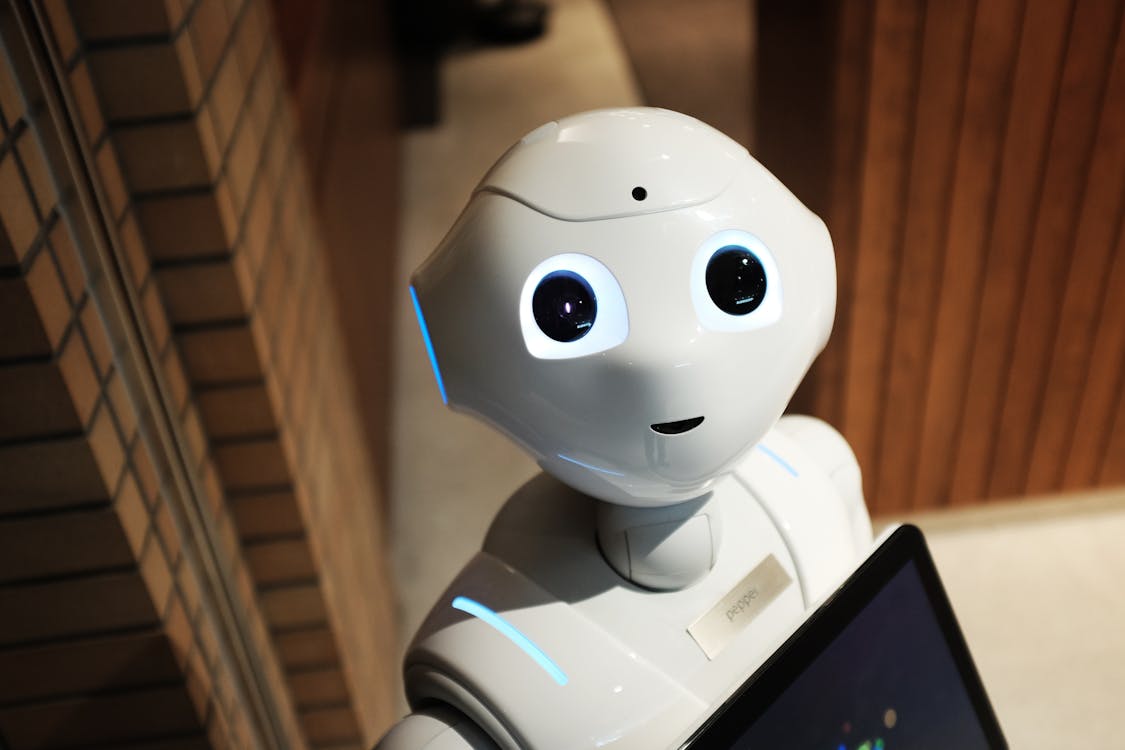
Machine Learning in Mental Health: Predicting and Preventing Anxiety and Depression
Share
The field of mental health technology is harnessing the power of machine learning to predict and prevent anxiety and depression. By analysing vast amounts of data, machine learning algorithms can identify early signs of mental health issues and suggest proactive solutions, revolutionising the way we approach mental well-being.
Understanding Machine Learning in Mental Health
Machine learning involves training algorithms on large datasets to recognise patterns and make predictions. In mental health, these algorithms analyse data from various sources, including social media activity, wearable devices, and electronic health records. The goal is to identify subtle changes in behaviour and physiological signs that might indicate the onset of anxiety or depression.
Identifying Early Signs
One of the key advantages of machine learning is its ability to detect early signs of mental health issues that might be overlooked by traditional methods. For instance, changes in sleep patterns, social interactions, and even language use on social media can be significant indicators. By continuously monitoring these factors, machine learning models can alert individuals and healthcare providers to potential risks before they become severe.
Proactive Solutions and Interventions
Once early signs are detected, machine learning can also recommend proactive solutions. These can range from personalized therapy and lifestyle changes to specific mental health apps designed to provide support and track progress. For example, an AI-driven app might suggest mindfulness exercises, schedule therapy sessions, or adjust medication reminders based on the user’s specific needs.
Case Studies and Real-World Applications
Several real-world applications showcase the effectiveness of machine learning in mental health. For example, studies have shown that algorithms can predict depressive episodes with high accuracy by analyzing voice patterns and mobile phone usage. Another study demonstrated how wearable devices, combined with machine learning, could monitor physiological signs like heart rate variability to predict anxiety levels.
Integrating Wellness Products
At We Offer Wellness, we provide products that complement these technological advances. Our selection of wearable wellness devices and personalised mental health apps can support your journey toward better mental health.
The Future of Machine Learning in Mental Health
The future of mental health care will likely see even more sophisticated applications of machine learning. With ongoing advancements in AI, these systems will become more accurate and personalised, providing even better support for individuals. Additionally, as more data becomes available, machine learning models will continue to improve, leading to earlier detection and more effective prevention strategies.
Machine learning is poised to transform mental health care by predicting and preventing anxiety and depression. By identifying early signs and providing proactive solutions, these technologies offer a promising path toward better mental well-being. As we continue to develop and refine these tools, the potential for improved mental health outcomes becomes increasingly attainable.
Call to Action
Explore our range of wellness products that integrate with the latest mental health technologies. Visit [We Offer Wellness](https://www.weofferwellness.co.uk) and take the first step towards a healthier, happier you.

